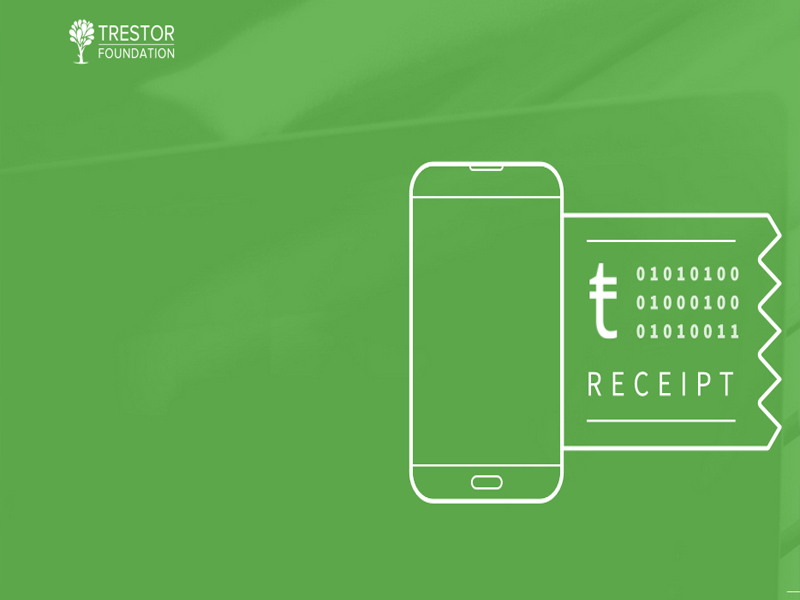Moving towards its mission to create an efficient money, payment, and market system for the unbanked, Indian startup Trestor has partnered with the Cameroon government. With this partnership, Trestor aims to deliver last mile services in the southwest African country.
Also read: BitGive Asks for Donations for Bitcoin Community Services
Antoine De Padoue, founder of Socapssi and president of RDPF KUMZE, Cameroon’s minority opposition party, told IANS:
“The results were excellent. We enrolled 500 people between the ages of 15 and 35 from a small economically-knit community. We asked them to use ‘Trest’ as their default method of payment for 30 days. In short, we artificially created a Trest-based micro-economy. People were able to comprehend and understand this very new method of payment. They were excited and started improvising their own uses within the first five days of the pilot. We achieved quantifiable efficiency gains and the benefits far outweighed the negatives.”
According to De Padoue, the first Trestor retail partner location is already functional. Furthermore, over the next 12 months, 500 Trestor retail partners will be established across Cameroon in 10 regions, 54 divisions, and more than 360 sub-divisions. This project is projected to create 1,200 to 1,800 direct jobs, which is part of the government’s goal in taking on this experiement. Sharing his views on the partnership Trestor founder Kunal Dixit says:
“Trestor and Socapssi have created a payment system where none existed. Trestor has successfully demonstrated that peer-to-peer payments can still function in areas with practically zero banking and telecom infrastructure.”
Dixit expects Trest to become a common digital token with stored value like Bitcoin, which has a capital value of $3.5 billion. Currently, Trest has 0.015% of gold’s market cap; however, his company wants that number to grow to 1% within five years, i.e., $1 invested today would be $76 in five years.
Dixit says that Trestor has successfully demonstrated that peer-to-peer payments can still function in areas with practically zero banking and telecom infrastructure. Thus, his company and Socapssi have created a payment system where none had previously existing, giving the world’s poorest people access to financial services at zero cost.
Elaborating further, Antoine De Padoue, says:
We enrolled 500 people between the ages of 15 and 35 from a small economically-knit community. We asked them to use ‘Trest’ as their default method of payment for 30 days. In short, we artificially created a Trest-based micro-economy. People were able to comprehend and understand this very new method of payment.
Trestor Foundation is a private, non-profit organization that enables digital money to help under-developed and developing countries uplift their economies. In regards to Trestor’s revenue model, Dixit says that as a non-profit, his organization’s priority is to create the most efficient money, payment and market system for the world.
What do you think about the Trestor project? Let us know in the comments below!
Image source: Trestor, and gov.uk
